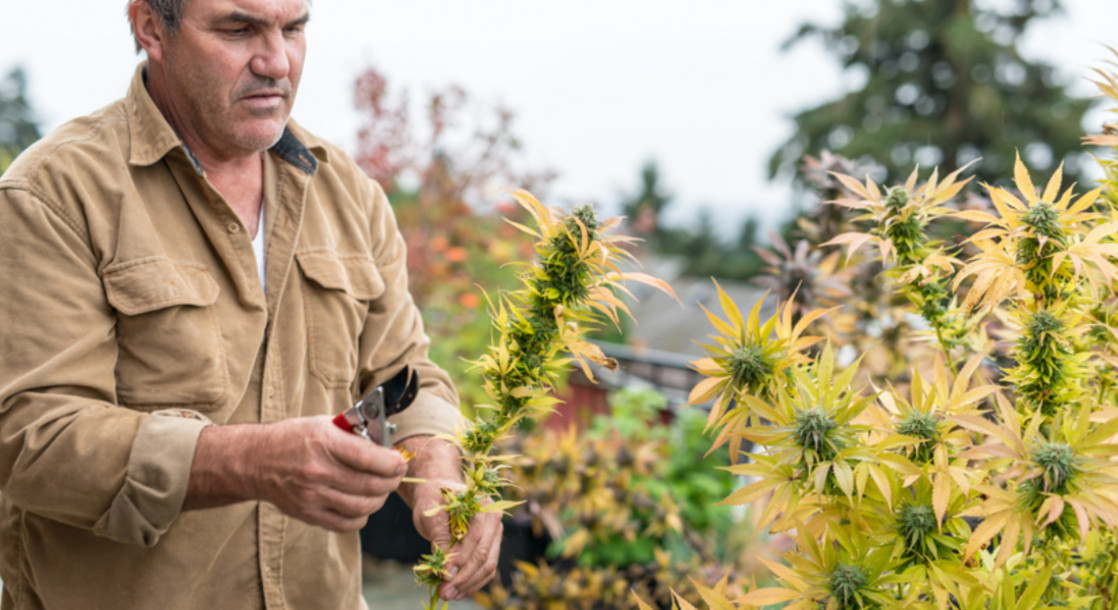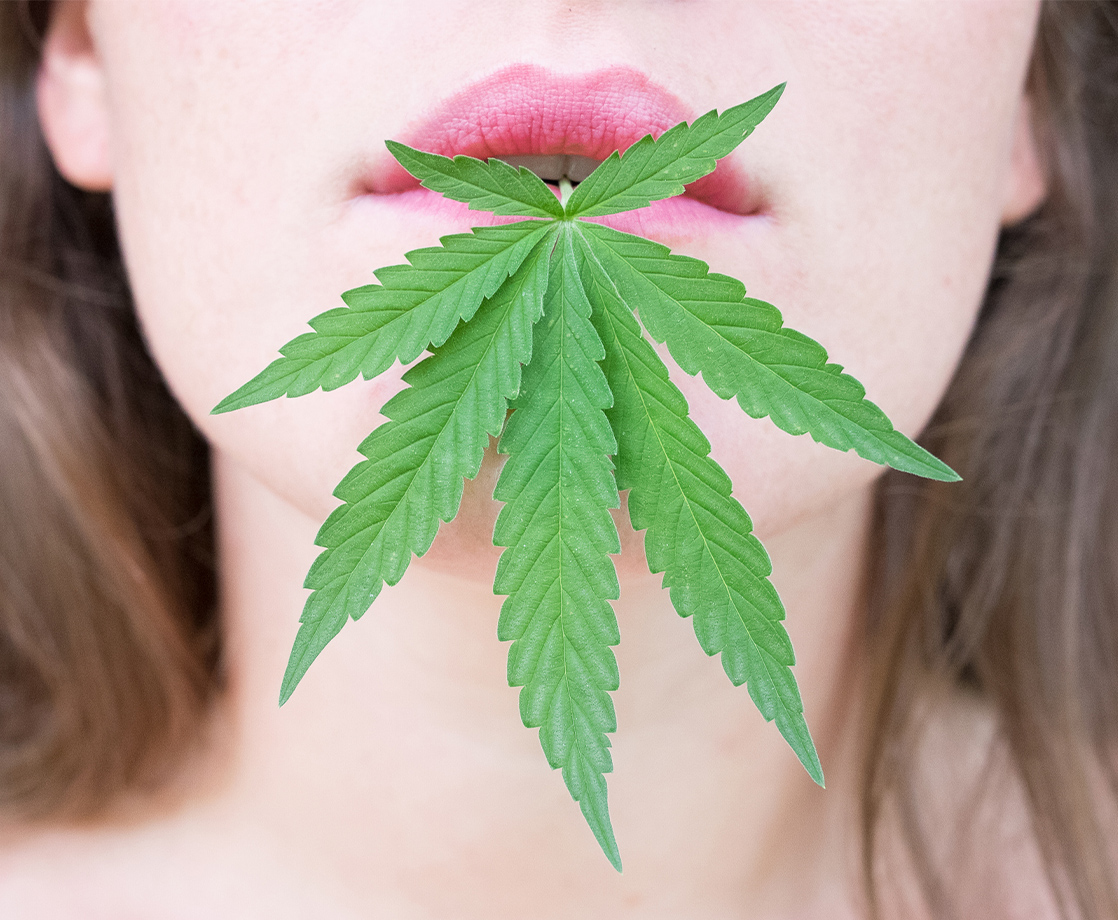Commissioners of an eastern Washington county have approved new regulations that will force every cannabis farm in its jurisdiction to close by next year, says a report from The Stranger. Chelan County has traditionally been a prime location for agriculture, and cannabis farmers flocked to the area when the Evergreen State began issuing permits for cannabis grows in 2014. By August of 2016, there were a total of 23 cannabis producers or processors located in the county.
Neighbors of these new businesses soon began to complain about the smell of marijuana wafting from these farms, along with increased traffic and nighttime security lights. County officials reacted by banning any further cannabis farms from opening in the area. In January 2016, officials told all of the existing canna-businesses that they must close up shop and leave the county by 2018.
This August, county commissioners voted on a compromise agreement, which would allow canna-businesses to stay in the county if they followed a new set of zoning and building regulations. None of these businesses currently meet these new requirements, however, and almost none of them even have a chance of upgrading their premises by the deadline.
"The rules that they adopted on [August] 22nd are designed to prevent anybody from succeeding,” said Dale Foreman, attorney for most of the cannabis farmers. “It would be surprising if any of the plaintiffs can thread the needle of the rules that the county imposed. Which I think is their plan. The county [government] wants to drive the cannabis industry out of Chelan County.”
Roy Arms, co-owner of Seven Hill Farms, told The Stranger that his business is one of the few that might be able to adapt to meet the new zoning requirements. "I've invested enough time in this, missed my family enough, that this can't be for nothing," he said. "No matter what the county does, I'm still going to keep at this. I'm doing this for my kids, to give them a better future."
Cannabis farmers have derided the county commissioners' decision hypocritical, as Chelan County has a long history of protecting farms from complaints by neighbors. The county, like many agricultural counties, has a “Code of the West” resolution that tells residents not to “expect county government to intervene in the normal day-to-day operations of your agribusiness neighbors."
The code tells residents that they “may be subject to spray drift or over spray” from pesticides used on local farms, and warns that residents “may be sensitive to these substances and many people actually have severe allergic reactions." Residents are also told that they have no recourse against the odor of animal manure: "Animals and their manure can cause objectionable odors. What else can we say?"
While toxic pesticide overspray and fecal odors are considered acceptable in Chelan County, the aroma of cannabis is not. "There's a broad tolerance for pesticide drift, which hospitalizes dozens of people every year," said David Rice, co-owner of San Juan Sun Grown, a cannabis farm that could be forced to shutter. "But the smell of cannabis leaving a property is completely intolerable. So there's obvious hypocrisy and a double standard when it comes to the treatment of it."
Earlier this year, state lawmakers attempted to pass a bill to explicitly classify cannabis as a farm product, and cannabis farming as an agricultural activity. This would have extended state protections to cannabis farmers like those in Chelan County, but unfortunately the bill failed to make it out of committee.
"This is a deep and difficult issue,” said Lara Kaminsky, executive director of the Cannabis Alliance, a canna-business trade group. “The war on drugs left many scars, and the propaganda got really deep into our DNA. But we have to start with the truth, and part of that is cannabis is a plant and cultivation of that plant is agriculture. Let's just call it what it is."











